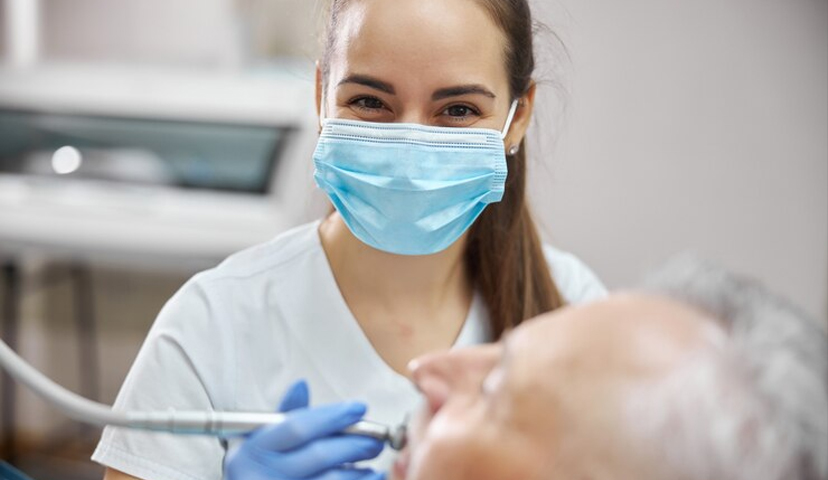What causes a black spot on a human gum near a tooth?

Have you noticed a black spot on your gums near a tooth? While it can be concerning, dark spots are rarely a sign of something serious like cancer according to the Oral Cancer Foundation. In fact, they’re usually harmless.
This blog post will explore the different causes of black spots on gums and when you should see a dentist.
Causes of Dark Spots on Gums
There are two main categories of causes for black spots on gums: internal and external.
Internal Causes (Endogenous)
These arise from pigment changes within your body.
- Melanin, the pigment responsible for skin color, can be affected by various diseases, causing your gums to appear black, gray, blue, or brown.
- Blood vessel problems can also lead to discoloration.
- Certain medical conditions like tuberculosis, Addison’s disease, and HIV can cause pigmented lesions in the mouth.
- Oral hemangioma, a benign lump caused by rapid blood vessel growth, can also appear as a black spot.
External Causes (Exogenous)
These stem from external factors affecting your gums.
- Certain medications, smoking, and even a graphite pencil injury can leave dark spots.
- Trauma to the face or mouth, heavy metals, and old dental fillings pushing into the gum can also be culprits.
Oral Cancer: A Rare Possibility
While uncommon, benign lesions can develop into oral cancer. Oral melanoma, a type of cancer, makes up only a small percentage of all melanomas.
See a Dentist If…
If you’re concerned about a black spot on your gum, especially if you have any of the following symptoms, schedule an appointment with your dentist:
- The spot is new and growing rapidly.
- You experience bleeding, pain, or tenderness around the spot.
- You have other risk factors for oral cancer, such as tobacco use.
Your dentist will examine the spot and may perform a biopsy, a tissue test, to confirm a diagnosis.
Black spots on gums are usually harmless. However, it’s always best to consult a dentist for proper diagnosis and peace of mind. By getting informed and scheduling regular checkups, you can maintain good oral health and catch any potential issues early.




